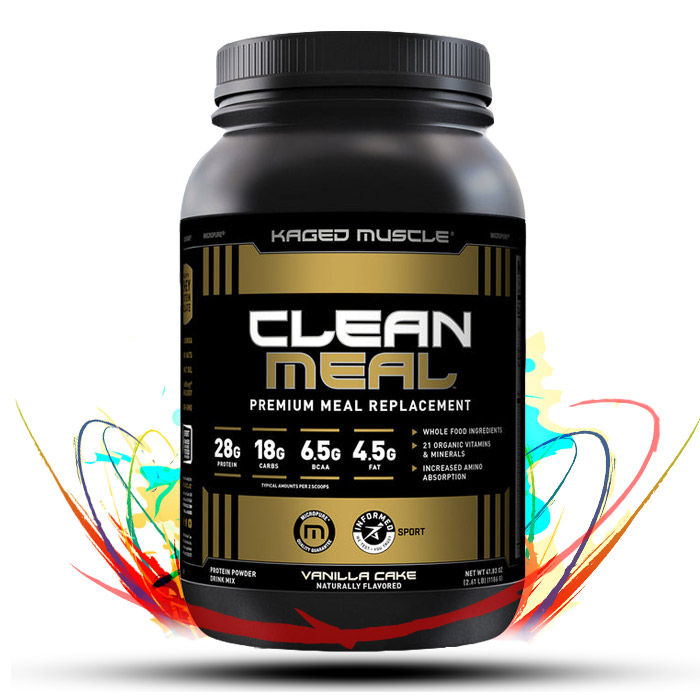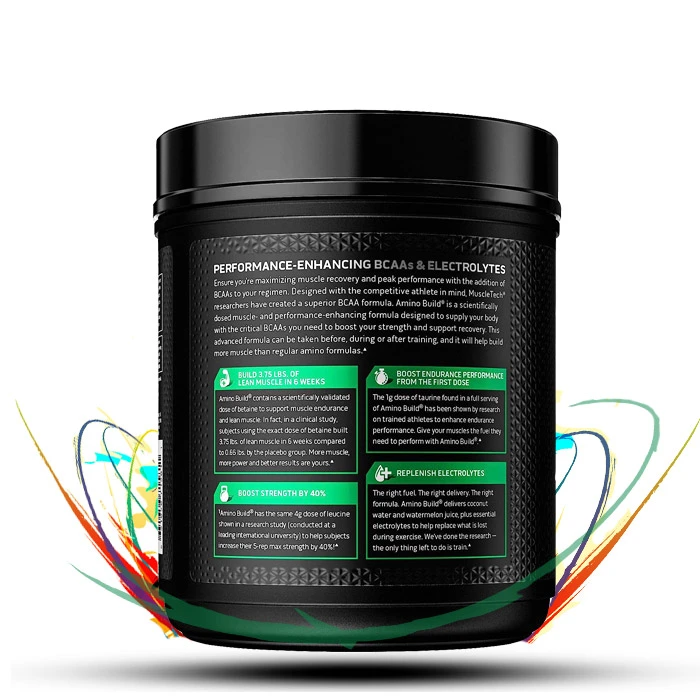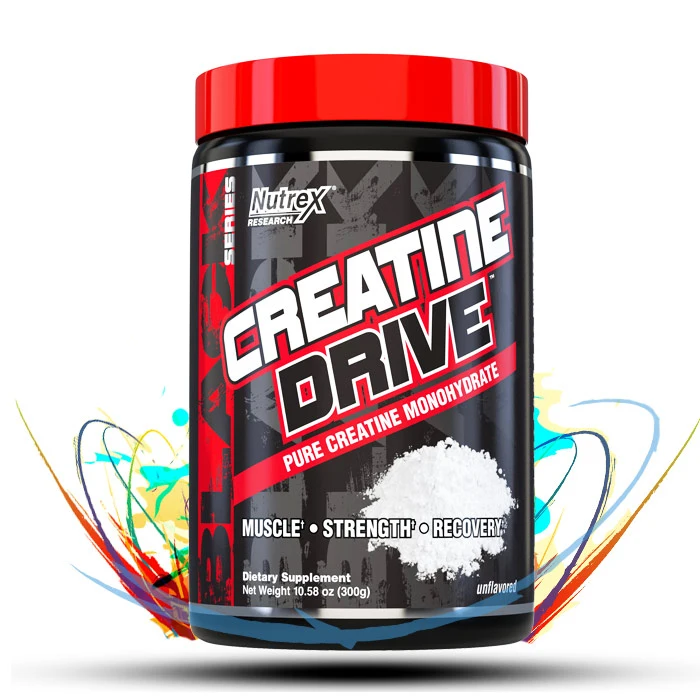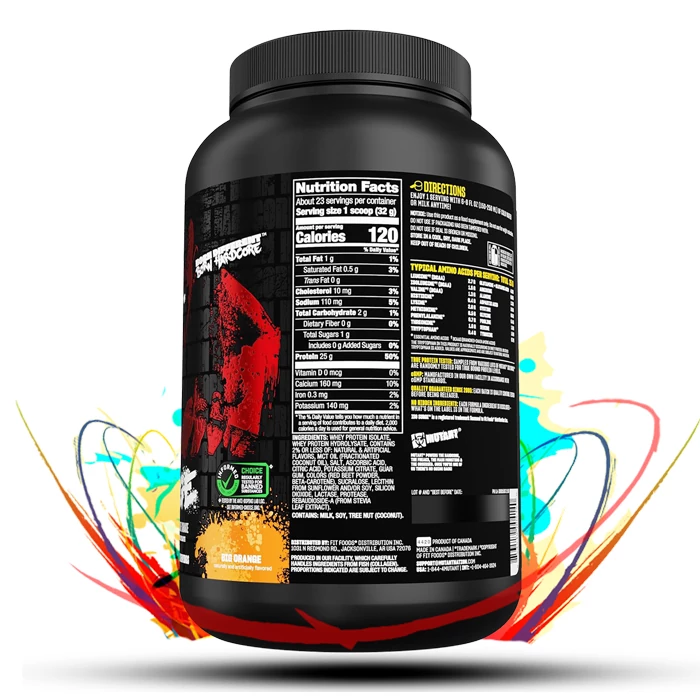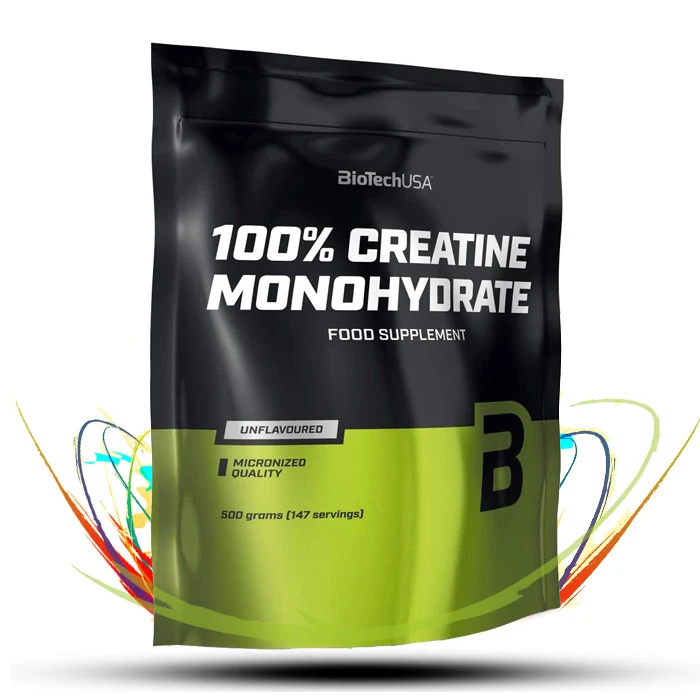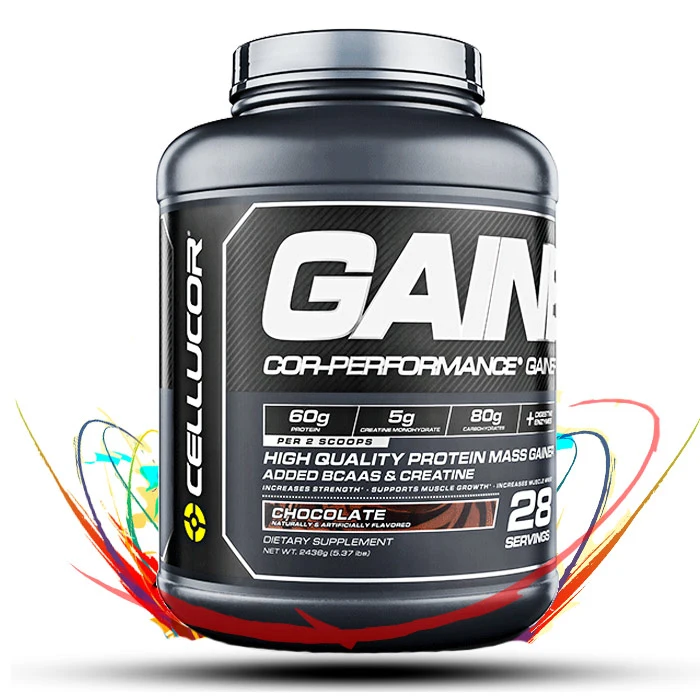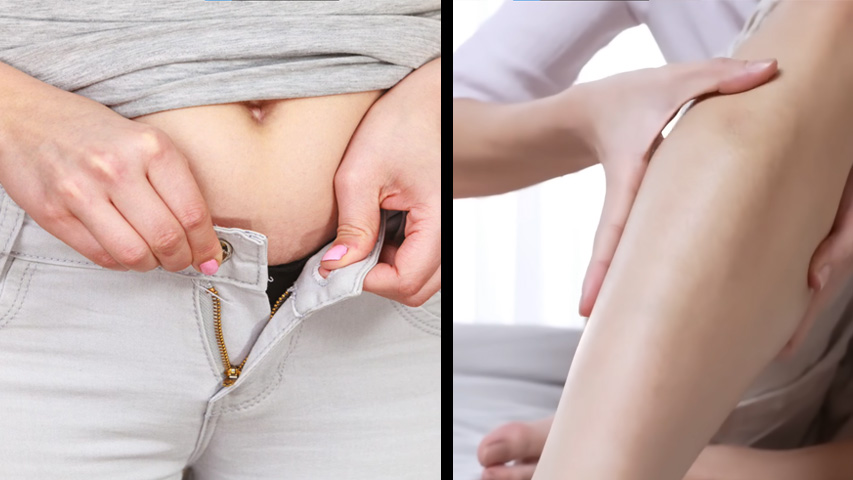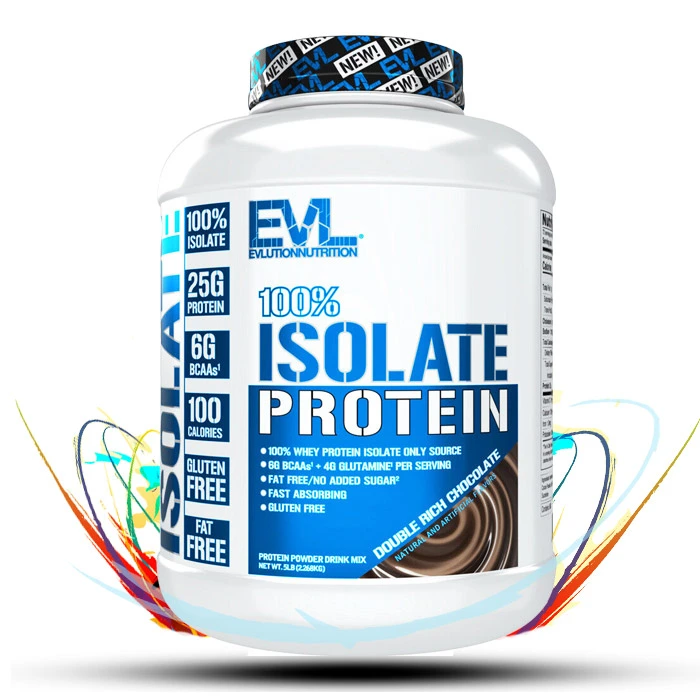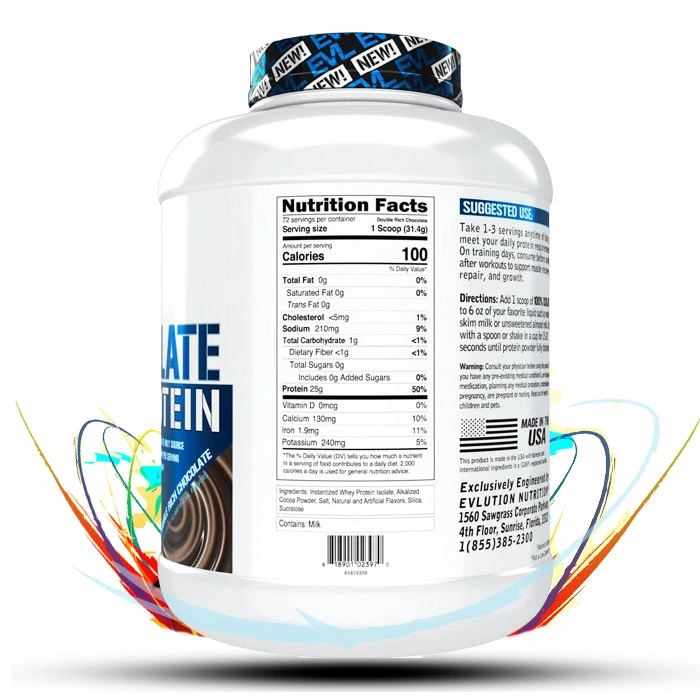Water retention in body may be a common problem or a symptom of a disorder in the state of human Health. If water retention is not caused by a serious illness, lifestyle changes will help reduce swelling and relieve the problem. In this article, we will discuss the most common causes of water Retention.
What is the concept of Water Retention in Body?
Water retention or edema means swelling in parts of the body. Water retention is observed in the legs, wrists, or legs, as well as the face and hands, caused by fluid buildup in different tissues of the body. You may have encountered this problem, for example, when you sit for a long time and during a working day and even when you stand more than usual, it can happen.
Fluids actually make up 50 to 60 percent of the human body; when hydration levels in the body are not appropriate and balanced, excess water in some areas such as the legs, hands, and so on … It builds up and, as it continues, it leads to swelling in that area.
Of course, some serious health problems may also lead to water retention.
Given the cause of water retention in the body, it may be possible to help reduce this swelling by changing lifestyle and diet or avoiding sitting for long periods of time during the day. If this is caused by other health-related problems, you need to consult a specialist to control, improve and master the situation.
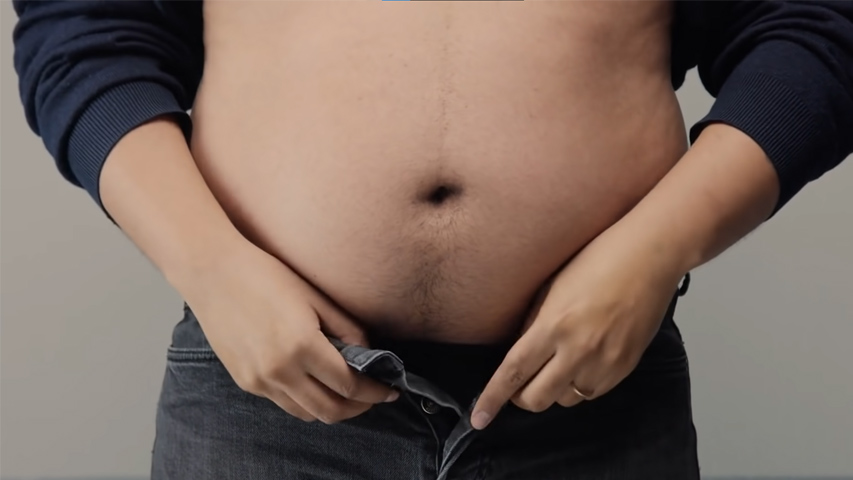
Symptoms of Water Retention
Water retention may cause people to feel heavier than usual and less active. Other symptoms of water retention in the body are listed below:
- Bloating, especially in the abdominal area
- Swelling of the legs, feet and ankles
- Puffiness of the abdomen, face and buttocks
- Joint tightness
- Fluctuations in weight
The following are some of the most common symptoms of swelling and water retention.
Causes of Water Retention
Several reasons may cause water retention in the body. Some swelling in the body can be caused by a serious illness or problem in the body, while others are not so serious.
Common and main causes of water retention can include:

1. Air travel and Altitude
Changing pressure at heights, changing cabin pressure, and sitting for long periods of time may cause water retention.
2. Sitting or standing too much
As a result of sitting or standing for a long time, gravity will keep blood in the lower limbs, so it is very important to take care of blood circulation, get up and move your legs. In this situation, if your job requires you to be less mobile, consider the time to get up and walk.
3. High sodium intake
Excessive consumption of table salt or processed foods with additives and carbonated drinks increases sodium in the body and causes swelling and edema.
4. Use of certain medications
The side effects of some medications are water retention in the body. These drugs may be of the following:
- Chemotherapy-related medications
- Over-the-counter sedatives
- Blood pressure medications
- Medications related to Parkinson’s disease
- Some birth control pills and hormones
5. Heart failure
Heart failure occurs when the heart is unable to pump blood effectively and properly, which may cause water retention.
6. Deep vein thrombosis
Swelling of the foot may be caused by DVT, a blood clot in the vein, which is an emergency and needs to be treated quickly.
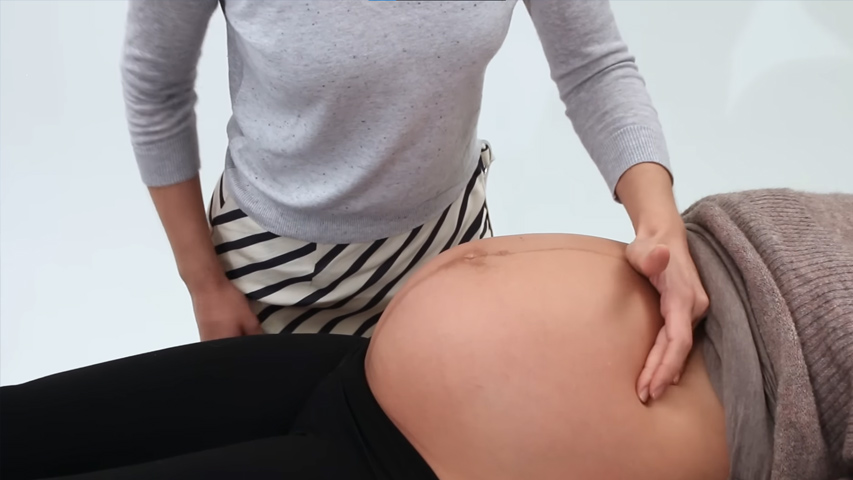
7. Pregnancy
Weight changes during pregnancy, when not enough movement occurs, may cause water to accumulate in the legs.
8. Kidney disease
Chronic kidney disease at an advanced level may cause water retention in the body, especially in the legs and arms, and occurs when the kidney has the ability to filter excess body fluid.
9. Cirrhosis of the liver
When a person has cirrhosis of the liver, increased pressure in the liver and reduced protein production by it may lead to water retention.
10. Menstrual irregularities and hormonal fluctuations
Disruption of the menstrual cycle can cause water retention in the body.
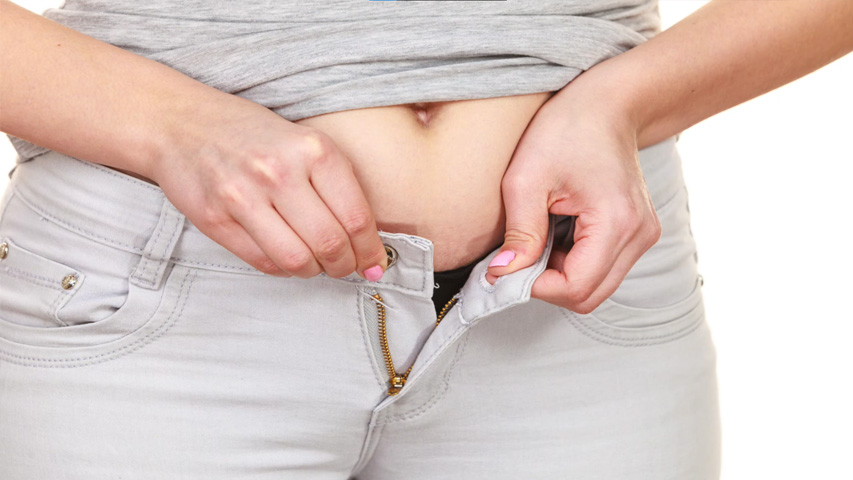
Ascites or Water Retention in the Abdomen
Watering the abdomen means that excess fluid accumulates in the abdomen and abdominal swelling occurs. Ascites are another name for the disease and have different causes, including cirrhosis of the liver and cancers of the digestive tract.
Water retention in the abdomen is simply a fluid that exists in the space between the abdominal wall and its organs. Abdominal hydration can be the result of high blood pressure in the liver and low levels of Albumin Protein .
Complications of continuous water retention in the body
If water retention persists steadily, it may be a sign of a serious illness, for example:
- DVT
- Heart failure
- Uterine fibroids
- Liver disease
- Kidney disease
- Shortness of breath
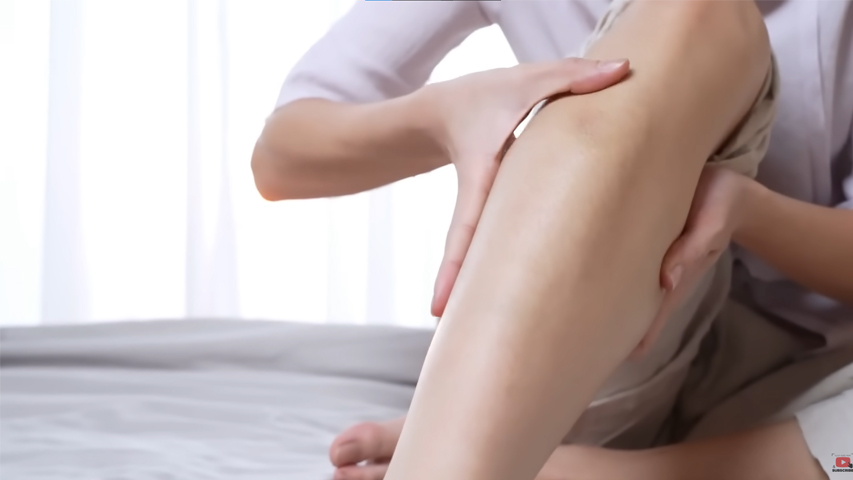
Treatments for water retention
If after a short period of time, the area of the body that has swollen does not naturally return to its original and balanced state, you need to look for specialized and medical solutions, as well as follow up on the causes. Treatment of water retention is often done by a specialist after the diagnosis of the cause.
According to the doctor’s opinion and prescription the problem is solved through one of the following methods:
- Prescribing diuretics to help remove water and salt with urine
- Prescribing appropriate Supplements
- Use of compressed socks
- Changing your Diet plan
Home remedies for water retention
By using the following home remedies fluid retention can be largely prevented:
1. Eat less Salt
When Salt enters the body, sodium binds to water, and high salt intake is one of the causes of fluid retention.
2. Dandelion extract
Usually, taking dandelion extract in a short period of time is effective in reducing the amount of water trapped in the body, but be sure to consult your doctor before taking it.
3. Healthy Diet
Some changes in the daily diet lead to a decrease in the problem of fluid Retention. ( like OMAD Diet )

4. Regular exercise
5. Getting your feet up for a few minutes a day.
6. Drink at least 8 glasses of water during the day
7. Avoid wearing very tight clothes
What complications occur if not treated?
If this type of swelling is not treated it may have complications such as the following:
- Swelling becomes more painful
- Difficulty walking
- Stiffness in the legs and joints
- Stretching of the skin that may cause itching
- Exposure to the risk of infection in swollen areas
- Scarring between layers of tissue
- Decreased blood flow in the area
- Increased risk of wounds and skin problems
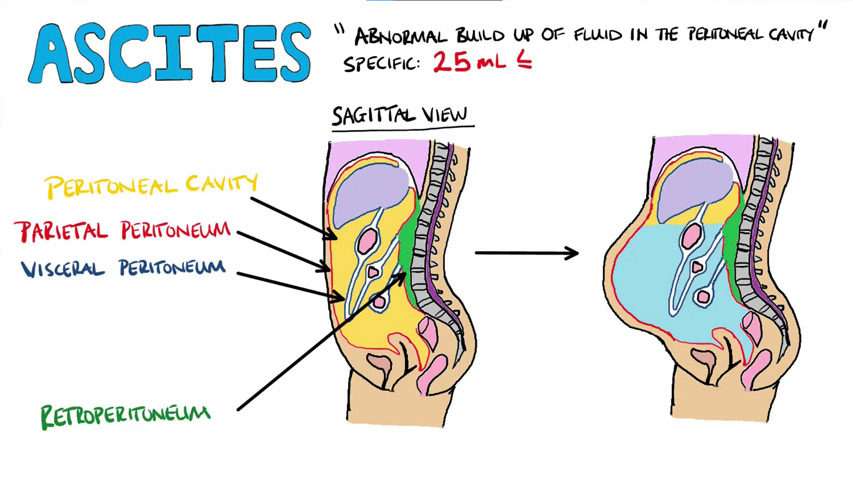
Carbohydrates and Water Retention in the Body
Carbohydrates in foods such as bread, rice, pasta, fruit, milk, and vegetables may cause water to be stored in the human body. This is normal and will not cause swelling in the hands, feet or abdomen. Carbohydrates are stored as an energy source in the form of glycogen inside a person’s muscles and liver. Glycogen needs water for storage. The more glycogen the body stores, the more water it can store. This is one of the reasons why people start losing weight quickly when they follow a low-carb diet. Carbohydrates are naturally involved in water retention, and foods rich in carbohydrates, grains, fruits, and vegetables are an important part of a healthy diet.
What should we eat to maintain fluid balance in the Body?
Given that some foods keep the body water inside, there are foods that can help you lose some of the water. Potassium is a mineral used with sodium to balance fluids in the body. The higher the potassium intake, the more it helps the body get rid of excess sodium and lose excess water. Useful sources of potassium include fruits and vegetables, especially bananas, sweet potatoes, oranges, tomatoes, and spinach.
However, potassium supplements are not a good way to reduce fluid retention and may even be dangerous. To neutralize the fluid retention from a high-sodium meal, strain to increase the consumption of suitable and complete foods rich in potassium. Drinking more water helps reduce retention. Water helps the kidneys to remove excess sodium and reduces the amount of water your body holds.

Last Word
Water retention in the body is swelling caused by excessive fluid trapping in the body’s tissues. This swelling may include any part of the body, but is more visible in the legs than in other areas. Some types of medications or pregnancy may cause edema. Water retention may also occur in the continuation of a disease such as congestive heart failure, kidney disease, venous failure, or cirrhosis of the liver.
Sources:
healthline
medicalnewstoday

